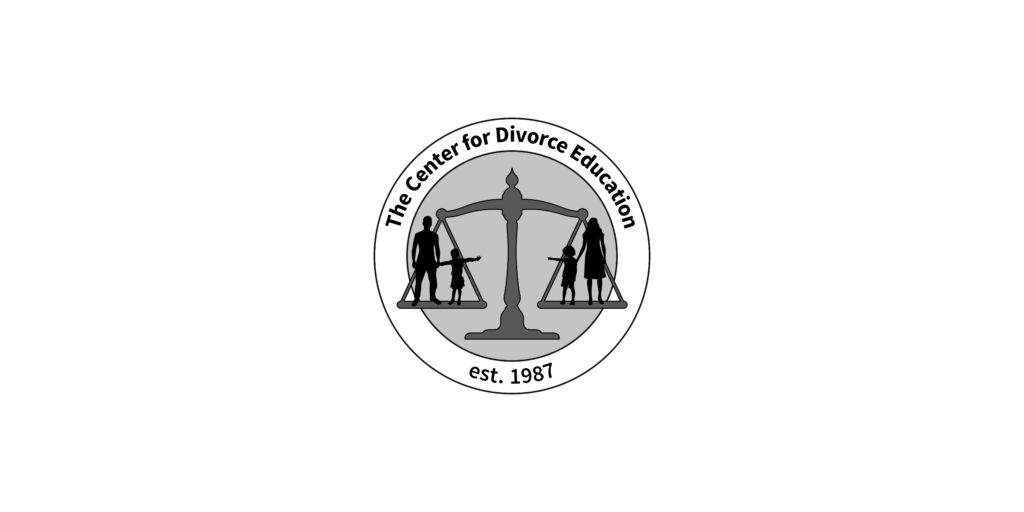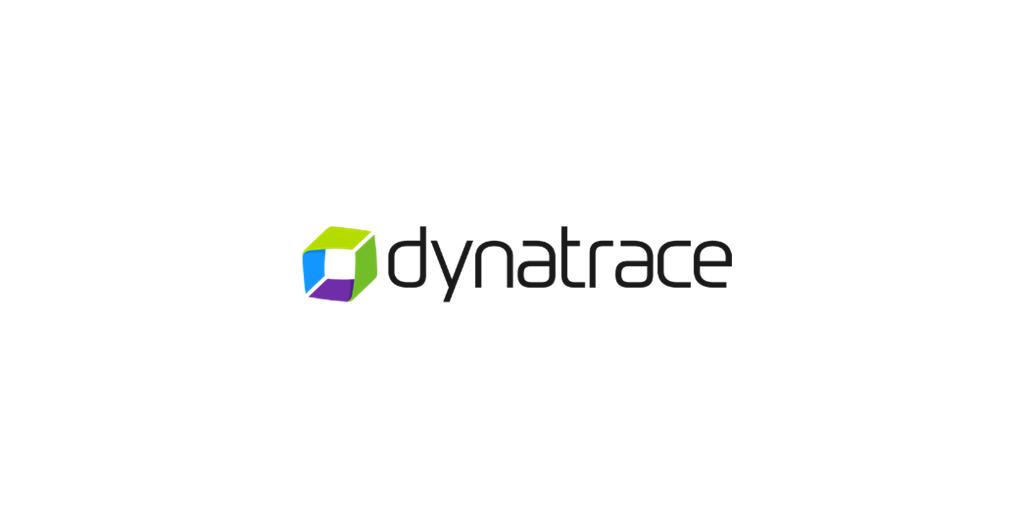Illinois HIV Care Connect’s Women and HIV Campaign Focuses on Often-Overlooked Group
Ray Valek, ray@valekco.com, 708-352-8695
To help women prevent and live healthy with HIV, Illinois HIV Care Connect today introduces its Women and HIV Campaign. About 18% of new HIV diagnoses in the United States occur among women, according to the Centers for Disease Control and Prevention (CDC). Through website and social media content, including the Women and HIV Quiz, the campaign also aims to create awareness of HIV disparities relating to age, race and gender identity.
“Women are an often-overlooked part of the HIV population,” said Melissa Graven, assistant director for HIV programs, Illinois Public Health Association, which manages Illinois HIV Care Connect with funding from the Illinois Department of Public Health. “It’s important for women to prioritize their health. All too often, women prioritize the needs of their loved ones over themselves. Through this campaign, we hope to encourage, educate and empower women on what precautions to take to prevent HIV or, if living with HIV, what they can do to manage and minimize the health impacts of HIV as a chronic health condition.”
Black, Hispanic, Trans women disproportionately affected by HIV
Black/African American women and Hispanic/Latinx women are disproportionately affected by HIV, according to HIV.gov. Statistics from Getting to Zero Illinois regarding new HIV diagnoses among selected populations show that Black/African American women made up 25% of all new diagnoses among all sexes in 2021 while Hispanic/Latinx women made up 11%. About 54% of women living with HIV are Black/African American, according to the CDC.
Women of all ages are at risk for HIV, especially if they do not practice safe sex. The most common way women get HIV is through unprotected sex with a male partner who has HIV, the CDC says.
Transgender people, particularly trans women, are heavily impacted by HIV. Trans women are among the groups most disproportionately affected by HIV in the U.S. According to the CDC, surveys conducted in seven U.S. cities found that four in 10 trans women had HIV. Nearly two-thirds of the women surveyed lived at or below the poverty line, and 42% had experienced homelessness within the past 12 months.
According to HIV.gov, women living with HIV are at higher risk for cervical cancer, heart disease, and gynecological issues, such as sexually transmitted infections, vaginal yeast infections, and menstrual cycle problems.
Women living with HIV can live healthy with proper medications and care
Women living with HIV can reduce their health risks by receiving antiretroviral therapy, or ART, exactly as prescribed, to suppress HIV to undetectable levels in the blood. Other ways to reduce these risks include receiving recommended health screenings, preventive care and vaccinations and by following healthy diet and exercise regimens. Lowering these risks increases a person’s chances of living a long and healthy life.
Women who are HIV-negative may wish to talk to a healthcare provider about pre-exposure prophylaxis, or PrEP, a medication that reduces the risk of getting HIV through sex or injection drug use, especially if they have a partner living HIV-positive or who inject drugs.
The #WomenAndHIV Campaign will be visible on Illinois HIV Care Connect's Facebook, Instagram, LinkedIn, Threads and X social media platforms.
The Women and HIV Campaign is Illinois HIV Care Connect's 11th annual quality improvement initiative, following programs on health beyond HIV, HIV and aging, HIV innovation in Illinois, HIV stigma, HIV and youth, social determinants of health, HIV treatment as prevention, viral suppression, staying in HIV care, and HIV and mental health.
About Illinois HIV Care Connect
Illinois HIV Care Connect is a statewide network providing medical case management, health care and support services to persons living with HIV. Illinois HIV Care Connect’s eight lead agency offices serve persons living with HIV in all of Illinois’ 102 counties. hivcareconnect.com
View source version on businesswire.com: https://www.businesswire.com/news/home/20241001410819/en/
 Business wire
Business wire 











Add Comment